
The World as Will and Representation had zero immediate impact on contemporary philosophical debates, probably because of the uniquely devastating account that Schopenhauer’s single thought conveyed concerning the nature and value of human life. After a brief but unsuccessful attempt at establishing himself as an unpaid Lecturer (Privatdozent) at the University of Berlin, during which he deliberately scheduled his lectures at the same time as those of Hegel, Schopenhauer retreated into private life. His main companion in his later years was a white poodle named Atma, after the Sanskrit term for the Self that is identical with the inner essence of the universe, Brahman. When Atma died in 1849, Schopenhauer acquired a second poodle, brown this time, which he also named Atma.
This story is from the {{IssueName}} edition of {{MagazineName}}.
Start your 7-day Magzter GOLD free trial to access thousands of curated premium stories, and 9,000+ magazines and newspapers.
Already a subscriber ? Sign In
This story is from the {{IssueName}} edition of {{MagazineName}}.
Start your 7-day Magzter GOLD free trial to access thousands of curated premium stories, and 9,000+ magazines and newspapers.
Already a subscriber? Sign In
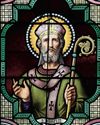
Anselm (1033-1109)
Martin Jenkins recalls the being of the creator of the ontological argument.

Is Brillo Box an Illustration?
Thomas E. Wartenberg uses Warhol's work to illustrate his theory of illustration.
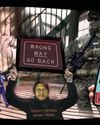
Why is Freedom So Important To Us?
John Shand explains why free will is basic to humanity.
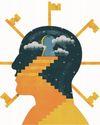
The Funnel of Righteousness
Peter Worley tells us how to be right, righter, rightest.
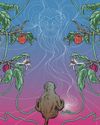
We're as Smart as the Universe Gets
James Miles argues, among other things, that E.T. will be like Kim Kardashian, and that the real threat of advanced AI has been misunderstood.
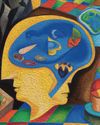
Managing the Mind
Roger Haines contemplates how we consciously manage our minds.
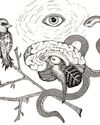
lain McGilchrist's Naturalized Metaphysics
Rogério Severo looks at the brain to see the world anew.
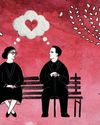
Love & Metaphysics
Peter Graarup Westergaard explains why love is never just physical, with the aid of Donald Davidson's anomalous monism.

Mary Leaves Her Room
Nigel Hems asks, does Mary see colours differently outside her room?
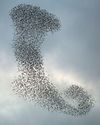
From Birds To Brains
Jonathan Moens considers whether emergence can explain minds from brains.